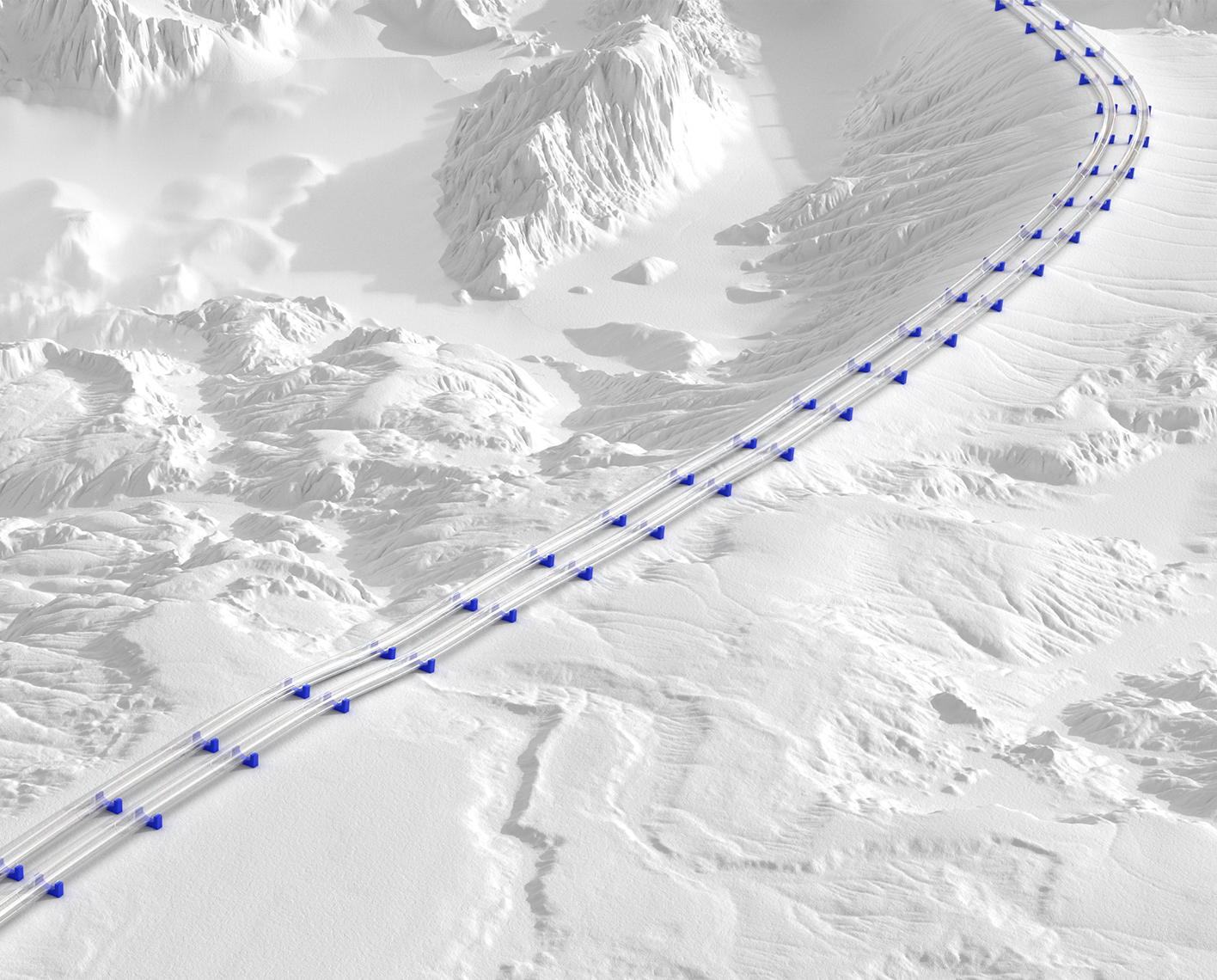Olga dynamic multiphase flow simulator
The industry-standard tool for dynamic multiphase flow simulation
The industry-standard tool for dynamic multiphase flow simulation.

The Pipesim steady-state multiphase flow simulator includes a rich and fully documented application programming interface (API) called Python Toolkit that serves as an extensibility framework to facilitate communication with the Pipesim simulator models directly without opening the user interface (UI). The Python Toolkit streamlines the process of automating the building of models from scratch, updating existing models, running simulations, and getting results back to MS Excel to any visualization dashboard using Python language. Customers can combine machine learning techniques in Python with the Pipesim simulator’s powerful multiphase flow simulation capabilities to unleash unlimited innovation and research opportunities.
Through integration with other SLB and third-party software products, the Pipesim simulator allows you to build a fully integrated model of the entire asset, connecting with reservoir and process simulators such as the Eclipse reservoir simulator, Intersect reservoir simulator, Symmetry process simulation software, Aspen HYSYS, Honeywell UniSim and KBC Petro-SIM, as well as real-time data for online optimization.
A number of modules are available to extend the base system.
Model networks with add-ons for well optimization and Linux engine computation.
The advanced well is a separate model type that is used to support complex well scenarios. While the conventional well type is used to model scenarios with a single flow direction (production or injection), the advanced well, among other capabilities, supports multiple flow streams independently.
Module for compositional fluid modeling using the Eclipse 300 reservoir simulation software Flash packages. An add-on is also available for advanced gas equations of state (includes GERG PVT packages), designed to accurately model gas systems, particularly compositions rich in CO2.
Enables compositional fluid modeling and advanced flow assurance analyses. The module includes the Multiflash standalone interface in addition to the simplified interface available within the Pipesim simulator. Individual add-ons are available for different equation of state, hydrates analysis, wax thermodynamic prediction, and asphaltene prediction.
Steady-state versions of the two- and three-phase mechanistic multiphase flow models used with the Olga simulator.
Steady-state versions of the two- and three-phase mechanistic multiphase flow models used with the Kongsberg LedaFlow transient simulator.

Pipesim simulator extensibility and integration training courses address the unique need of each learner. Our courses, delivered by world-class experts, teach learners how to deal with real-life scenarios and solve genuine problems.

Pipesim access and versatility

Ensures fluid flow to maintain production—from pore to process

The foundation for steady-state multiphase flow analysis

Advanced network simulation to analyze and optimize complex production and injection networks

Optimize well performance through comprehensive modeling of completions and artificial lift systems

Single-line multiphase flow model add-on to process simulators